Navigating the Las Vegas Luxury Real Estate Market
Amidst Economic Shifts
As we traverse through 2024, inflation continues to be a topic of concern – especially when it comes to luxury real estate not only in Las Vegas but nationwide. While we haven’t quite hit the Federal Reserve’s target of 2%, we’re seeing progress with a “two” on the left side of the decimal point. This gradual improvement in inflation indices over the past two years provides a glimmer of hope, although the initial months of this year experienced a notable acceleration in headline CPI.
The Economic Landscape
Unemployment rates remain impressively low, defying the pundits’ earlier predictions of a recession due to rapid rate hikes intended to curb inflation. Consumer spending, which constitutes about 70% of GDP, grew at an annualized rate of 4% in the first quarter—far from indicating an economic slowdown. This robust spending might even be slightly hotter than what the Fed would prefer.
Stagflation Concerns and the Housing Market
Amidst these economic dynamics, the specter of stagflation looms. Although we’re not currently in a recession, the fear of one is palpable, given the significant rise in interest rates over the past two years. This concern echoes back to early- to mid-2022 when interest rate hikes commenced, sparking increased searches for stagflation.
Impact on the Las Vegas Luxury Housing Market
In the context of Las Vegas, the luxury real estate market presents unique challenges and opportunities. The influx of residents from California, Oregon, Washington, and other states has significantly influenced the availability of inventory. Many of these new residents find they can afford more in Las Vegas than in their home states, adding a layer of complexity to the supply and demand dynamics.
Higher interest rates naturally impact affordability, leading to expectations of downward adjustments in house prices. However, the limited housing inventory in Las Vegas will likely prevent drastic declines. The city’s appeal, combined with the financial capacity of these new residents, continues to support the luxury market.
Homeowners’ Financial Health
Today’s homeowners are in a strong position compared to previous economic downturns. Mortgage payments as a percentage of income—referred to as the mortgage burden—remain historically low. Additionally, high levels of home equity serve as a buffer against foreclosure and widespread price drops, unlike what was witnessed during the Global Financial Crisis.
No Housing Bust in Sight
Given these factors, a housing bust in Las Vegas appears unlikely. The luxury market is bolstered by high demand from affluent newcomers and a resilient economic foundation. While we may see some price adjustments due to interest rate pressures, the overall stability and attractiveness of the Las Vegas luxury market remain intact.
As we move forward, it’s crucial to stay informed and adapt to the evolving economic landscape. Whether you’re buying or selling, understanding these trends will help you make informed decisions in the vibrant Las Vegas luxury real estate market.
Conclusion
Inflation and economic uncertainties will continue to shape the real estate landscape. However, Las Vegas’s unique position as a luxury market destination for out-of-state buyers ensures its resilience. By keeping a close eye on economic indicators and market trends, you can navigate this dynamic environment with confidence.
For more insights and updates on the Las Vegas luxury real estate market, stay tuned to our blog and connect with our team at The Callejo Group.





















